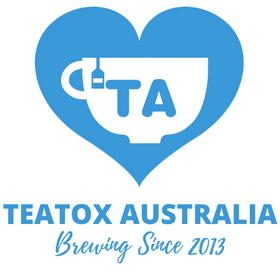
The subject of living healthier and longer lives has been on the mind of the scientific world for quite some time, and the academic and medical fields have long tried to come up with solutions for significantly improving the time humans spend on Earth. Scientific researchers have shown that the age of a person is heavily dependent on six factors: three related to our lifestyles and three related to nutrition.
The factors that are related to our lifestyles are: minimum seven hours of sleep per night, the absence of smoking and regular physical activity, whereas the nutrition facts involve meals that are nutritiously balanced and eaten at regular hours, maintaining a healthy weight and staying away from alcohol or at least consuming it with moderation.
Results obtained on animal and human testing show that a diet that is restrictive in terms of calories can not only delay the aging process, but also reduce a significant number of heart diseases that might appear with age (such as high blood pressure, diabetes or weakened immune system). Even short-term restrictive diets have shown the same results.
But what does a restrictive diet actually mean?
Crunching down the numbers you will always get to the same conclusion: people do not need to eat more in a day than they can burn by physical activity and by simply going about their day. The trouble with advocating for a diet that is low in calories is that the idea can be significantly misunderstood and might lead to people following diets that are actually restrictive from a nutritious point of view, thus weakening their immune system or even getting seriously ill.
What’s the difference?
A diet low in calories is a nutritiously-rich diet that offers you all that your body needs, but from low-calorie foods. Understanding the importance of eating less does not mean embracing the idea that you can live with two carrots per day, but grasping the significance of what we eat and learning to choose foods that are not only tasty, but also good for us.
For example, people are always saying that you should eat proteins hence it is not wise to give up eating meat. But did you know that the human body can only digest a small amount of meat in one day (around 30 grams)? Should we give up on meat? No, but we should learn to utilize the knowledge that modern science has offered us, and vary our diet with other types of proteins, which are not so heavy on the body, and that offer the same amount of health benefits.
The conclusion?
A hypo-caloric diet, around 1.100 to 1.800 calories, depending on your day-to-day activity is healthier for us than a diet that is rich in calories. Plus, the diet is easy on our bodies and does not subject us to various diseases nor does it weaken our digestive system. Why eat more than you need to?
The explication behind these researches is an easy one: our genetic profile is the one that determines the aging process, and the activity of our genes is less intense when the caloric intake is not as high. Although we are a long way until these scientific researches will produce a significant chance in the way we see our meals and nutrition, our advice is easy: try to maintain a balance nutrition, without eating foods that are rich in calories on a per-day basis, and help your body work properly with the help of alternative solutions such as Teatox blends, super-foods or plants that are known for their health benefits. Add working out into the mix and you are sure to live a long and healthy life.
Have you tried improving your health and lifestyle with the help of a hypo-caloric diet alongside your Teatox? Let us know how it went on Facebook and don't forget to use #teatoxaustralia and #diet hashtags.
